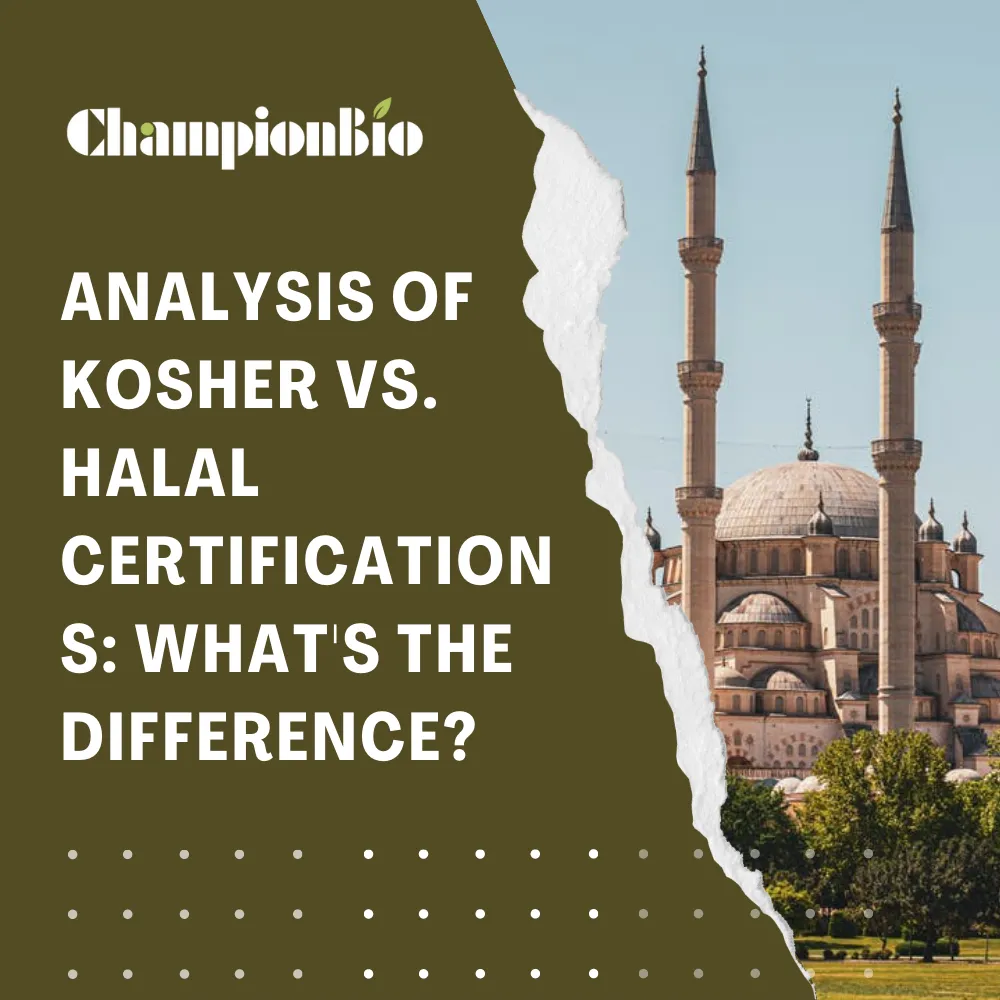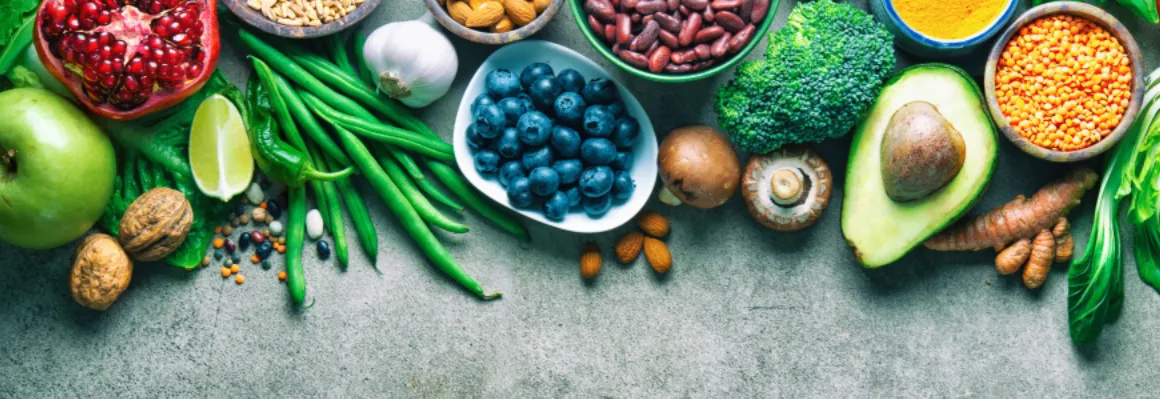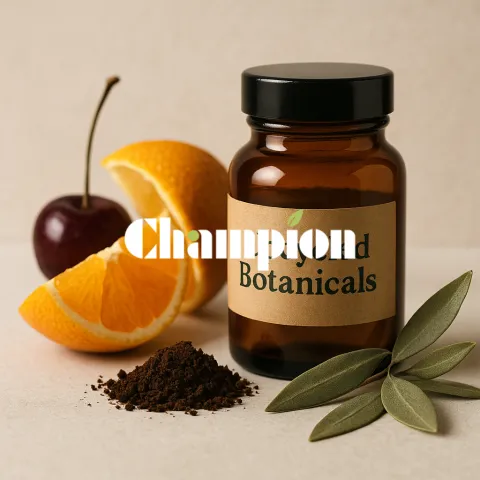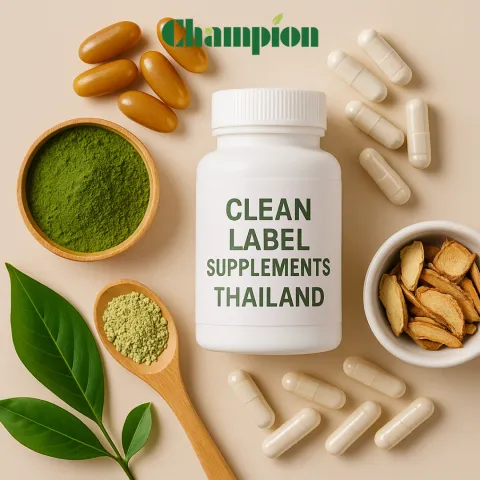Analysis of Kosher vs. Halal Certifications: What's the Difference?

Many factors influence consumers' purchasing decisions, one of which is religious beliefs and identity. For example, Kosher and halal dietary habits are two common eating patterns based on Jewish and Islamic law principles. Based on religious teachings, both kosher and halal diets establish strict guidelines for which foods are permitted and prohibited.
Both Halal certification and Kosher certification, which are common in the global food industry, are set according to the cultural background of consumers. The purpose of the norm is to protect the beliefs of believers, and at the same time to defend the traditional food culture. At first, Halal and Kosher were designed for Muslims and Jews, however, these became indicators that are also used by people who have other reasons to avoid certain ingredients, or have special dietary restrictions.
Due to the close relationship between diet and religion, if manufacturers can truly understand these special dietary needs and apply them to food raw material supply, food ingredient solutions and every step of the dietary ingredient production, they can meet the special
The Certification Comparison: Halal and Kosher
It is true that removing important buying obstacles for some consumer groups might result in a bigger consumer market when food producers decide to have their products pass the inspection of Halal, Kosher, or other certification systems. But can you tell the difference between the two certification programs?
While Kosher and Halal are both often used certifications for food raw materials as different certifications, there are certain parallels between the two. For example, both require fasting from pork and refraining from eating foods containing blood components. They also both have rules governing the slaughter procedure of animal sourced products. The information that follows encourages you to comprehend how the two dietary standards differ from one another and how they are similar, as well as to look into the most popular industry trends.
| Halal Certified | Kosher Certified Kosher |
| Koran | Kosher (Torah) |
| No pork or pork products | No pork or pork products |
| Fasting Animal Blood Derivatives | No eating shellfish or other marine life |
| Special slaughter rules | Special slaughter rules |
| No alcohol or food containing alcohol | Only consume alcohol whose brewing ingredients are certified kosher |
| No special rules for food pairing | Meat and dairy products cannot be mixed or eaten with meals |
What are the Halal certification requirements?
There are many dietary restrictions for Muslims, but there are four main ones to highlight: pork products, meat products if the animal is slaughtered after its death, blood, and alcohol . The word "Halal" comes from the Arabic "حلال" (pronounced Halal), which means "legal" or "permitted by god (Allah)", and halal certification is not limited to food, restaurants, cosmetics, supplies, etc. It belongs to the category of certification, but in the food industry, only the products that consists ingredients and production environment are 100% in line with the teachings of the Koran can obtain the Halal certificate.
In contrary, food or supplies that violate the Koran specifications are classified as "حرام" (pronounced Haram), its original meaning is "violation of religious law".
In order to obtain Halal certification, in addition to abandoning all taboo ingredients, the product process and environment must also be carefully controlled - raw material preparation, processing methods, transportation, and storage, utensils, and media used in various links must avoid Haram products, and these conditions must be checked by an objective and impartial professional organization.

What is Kosher Certification?
According to the kosher diet, pork, shells, amphibians, and insects are all prohibited. Kosher is derived from the Hebrew word " Kashrut ", which means "fit" or "proper". Under kosher norms, all kosher foods are divided into three main categories: meat, dairy products, and "edible substances that do not contain dairy or meat ingredients" (original pareve).
The third category in which Kosher prohibits the consumption of a mixture of milk and meat or the consumption of milk and meat in the same meal, suggests that once there are either meat or dairy products on the table, they can be combined with vegetables, grains, nuts, legumes, etc.
Many people misunderstand Kosher food as blessed food but in fact, kosher is like halal. And to obtain certification, you must ensure that the raw materials, contents, processing, and manufacturing methods of the product conform to Kosher regulations. What is different in the Kosher certification is that it often requires the industry to regularly accept the on-site appraisal and audit of the Jewish priests to ensure that the products always meet the needs of consumers.
Why does the food industry need a Halal certification and Kosher certification system?
Third-party certification of food ingredients, whether halal or kosher, increases the likelihood that it will be accepted in new markets with diverse cultural norms. For example, North America currently has the highest demand for kosher ingredients, while Southeast Asia, particularly Indonesia, has the highest prevalence of halal certification. The two certification programs are now more widely considered as standards for customers who want to follow a healthy diet and their way of life. They were created to address religious dietary restrictions.
1. Meets the natural, clean and food safety standards pursued by modern consumers
There is an assumption that the growth in demand for Halal and Kosher certification is mainly related to consumer perception. Certified raw materials or food are often perceived to be high quality, clean-sourced, and under a regulated production process. The impression of strict control in the processes gives the final product a higher product value. In addition, Halal and Kosher-certified food has just caught up with recent dietary trends such as plant-based diet, non-GMO awareness, and clean label production so they are trusted by consumers with high health awareness.
2. To operate in the Muslim market, Halal certification has became a must-have
Islam is one of the three major religions in the world. From the perspective of population structure, the 2015 statistics from the American polling agency pointed out that among the 7.3 billion people in the world, there are about 1.8 billion people who believe in Islam. One of the four is a Muslim; the CEO of ICHS, the leading organization for international halal food certification, also said in an interview in 2020. He also stated that the current consumer base of halal food accounts for about 24% of the world's population, covering 57 countries. Geographically, with over 60% of Muslims living in Asia and another 20% in the Middle East and North Africa, it's not difficult to imagine that the Muslim food market - especially in Asia - is huge.
Since halal certification ensures clean production and processing, halal certification is the key to any market entry strategy for any manufacturer that wants to expand into the Muslim market and gain Muslim consumer
trust.

3.Not just Jewish, Kosher is a more conscious dietary choice
Kosher-certified food means that its raw materials, additives, production methods, and production equipment are all in line with kosher regulations, which is convenient for Jewish believers in all countries to abide by religious precepts. However, in Europe and the United States, even if they do not belong to the Jewish nation, many people are gradually developing a preference for Kosher-certified food.
According to a recent survey by Mintel International, 55% of consumers buy kosher-certified products as they believe "kosher food is healthier" rather than for religious reasons. The strict kosher certification indicators also convey to consumers the idea of high quality and safety of food ingredients which is exactly in line with the "clean and healthy eating habits" pursued by European and American celebrities.
For example, for consumers with allergies or lactose intolerance, when purchasing food, they no longer need to fully review the ingredients, they only need to check whether the kosher mark is "pareve" without meat and dairy, and then they can know the product does not contain any dairy products.
4. Quality is ensured with third-party certifications
Before obtaining Halal, Kosher, or other third-party certification, food ingredients must be inspected at many levels, including purchasing, shipping processes, the condition of production equipment, packaging, and labeling of end products. These checkpoints can not only help create a rigorous supply chain but also review and optimize the quality control process, providing an additional layer of quality and safety assurance, both for manufacturers and consumers.

What Halal and Kosher certified food ingredients do we offer?
Halal certified raw materials
Kosher certified raw materials

See how we can deliver your business needs with Halal, Kosher food certified Premium bio-ingredients.
Champion-bio is a food industry solution partner with premium quality ingredients and end-to-end production capabilities. We provide a selection of bio-ingredients, food supplements, pigments, flavoring and various kinds of bioceuticals for you to meet your business goals.
We offer outsourcing options as a turnkey OEM/ODM partner, with layered steps of services such as contract manufacturing, product innovation, premix preparation, and formula design using functional dietary ingredients, nutraceuticals, and food ingredients.
For further information, please check our products and services.
Or contact us and get our expert opinion to develop your new product together.
References:
https://www.superlab.com.tw/halal/
https://www.ec-ff.com/blog/posts/kosher
https://www.healthline.com/nutrition/kosher-vs-halal
https://dpointernational.com/the-differences-between-halal-kosher/
https://www.diffen.com/difference/Halal_vs_Kosher
https://en.wikipedia.org/wiki/Comparison_of_Islamic_and_Jewish_dietary_laws



















